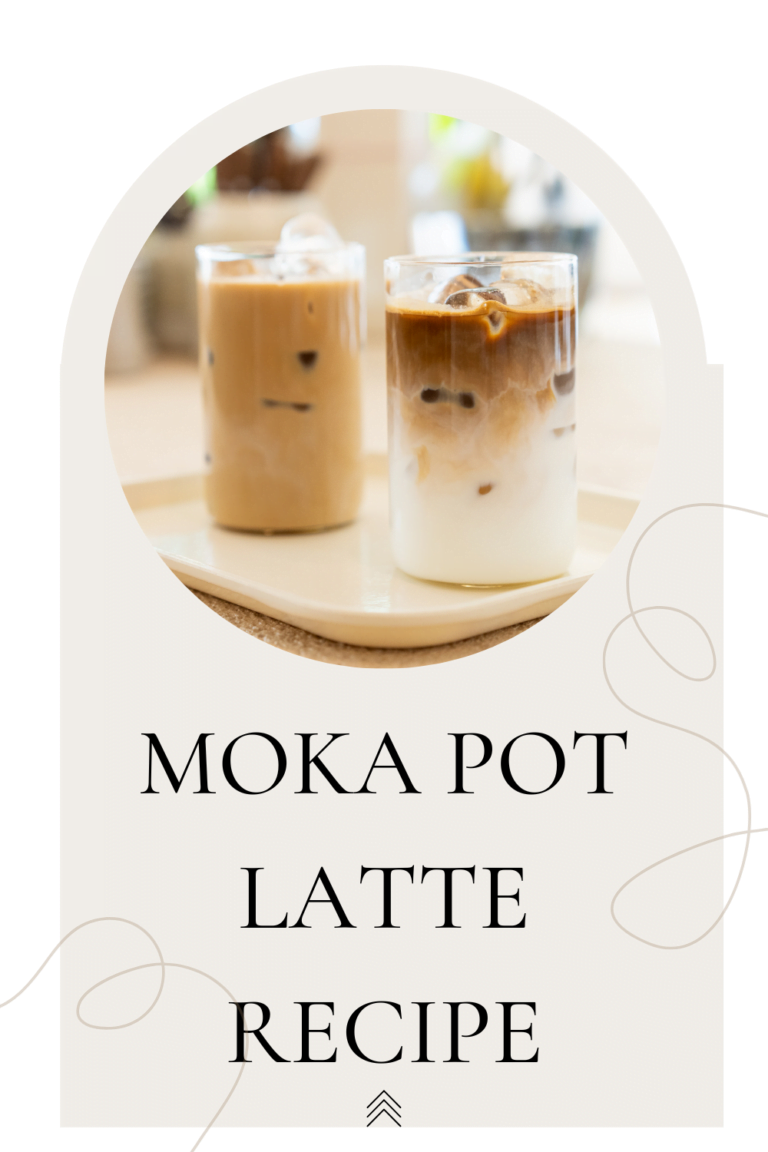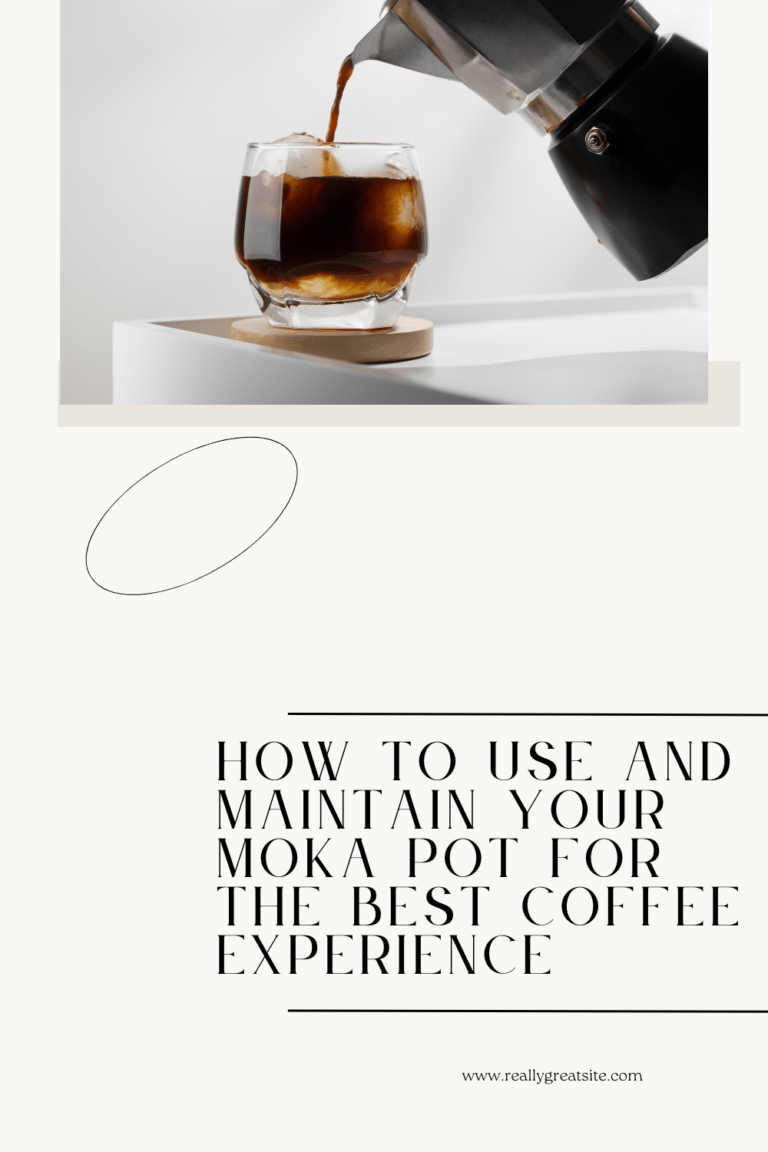Ah, coffee – the fuel that drives the human race. The world runs on this magical elixir, and for good reason. But when it comes to brewing the perfect cup, the question on everyone’s mind is: does grinding coffee finer make it stronger? Well, my dear caffeine addicts, the answer is not as simple as you may think. Let’s dive in and explore the finer details of coffee grinding.
Are you tired of weak and tasteless coffee? Do you find yourself pondering whether grinding your coffee finer will make it stronger? Well, you’re not alone. The coffee conundrum has plagued caffeine addicts for years, with many wondering if finer is truly better. But before you start grinding away, let’s take a closer look at the science behind coffee brewing.
The Science Behind Grinding
Size Matters
Coffee grinding is a science, and like all sciences, size matters. The grind size determines the surface area of the coffee that comes into contact with water, which directly affects the extraction process. Finer grinds have a larger surface area, which means they extract faster than coarser grinds. This can result in a stronger, more intense brew.
The Extraction Process
When hot water comes into contact with coffee grounds, it extracts the soluble compounds that give coffee its flavor and aroma. These compounds include acids, oils, and caffeine. However, not all compounds are extracted at the same rate. Different compounds are extracted at different stages, which is why the grind size plays such a crucial role.
The Fine Line Between Strong and Bitter
Over-Extraction
While a finer grind can result in a stronger brew, there is a fine line between strong and bitter. Over-extraction occurs when the coffee is brewed for too long or the grind size is too fine. This results in a bitter, unpleasant taste that no amount of sugar or cream can fix.
Under-Extraction
On the other hand, under-extraction occurs when the grind size is too coarse or the coffee is not brewed for long enough. This results in a weak, watery brew that lacks flavor and aroma. In other words, a coffee that’s so weak it couldn’t even lift weights at the gym.
The Truth About Strength
The Illusion of Strength
Now, let’s get down to the nitty-gritty. The truth is, the strength of your coffee is not determined by the grind size alone. In fact, strength is a combination of extraction, roast level, and coffee-to-water ratio. A coffee can be weak in flavor but strong in caffeine, or vice versa. The strength of your coffee is all about balance.
The Role of Roast Level
Roast level also plays a crucial role in determining the strength of your coffee. Darker roasts tend to have a stronger, bolder flavor, but lower acidity. Lighter roasts, on the other hand, have a brighter, more acidic flavor profile. It all comes down to personal preference, but finding the right roast level can take your coffee game to the next level.
FAQs:
No, each brewing method requires a specific grind size to achieve optimal flavor and aroma.
Yes, freshly ground coffee beans result in a more flavorful and aromatic brew.
While pre-ground coffee is convenient, it is not as fresh as freshly ground coffee and may result in a weaker brew.
The recommended coffee-to-water ratio is 1:16. That means for every gram of coffee, you should use 16 grams of water.
Conclusion:
So, does grinding coffee finer make it stronger? Yes, it can, but it’s not the only factor that determines the strength of your brew. The size of the grind, the extraction process, roast level, and coffee-to-water ratio all play a crucial role. Finding the right balance between these factors can take some trial and error, but the result is well worth it – a delicious, perfectly brewed cup of coffee.
In summary, the next time you’re brewing a cup of coffee, remember that grinding coffee is a science, and finding the right grind size is just one piece of the puzzle. Don’t be afraid to experiment with different grind sizes, roast levels, and brewing methods to find your perfect cup. And most importantly, don’t forget to enjoy every sip of that magical elixir that keeps us going. Cheers!






